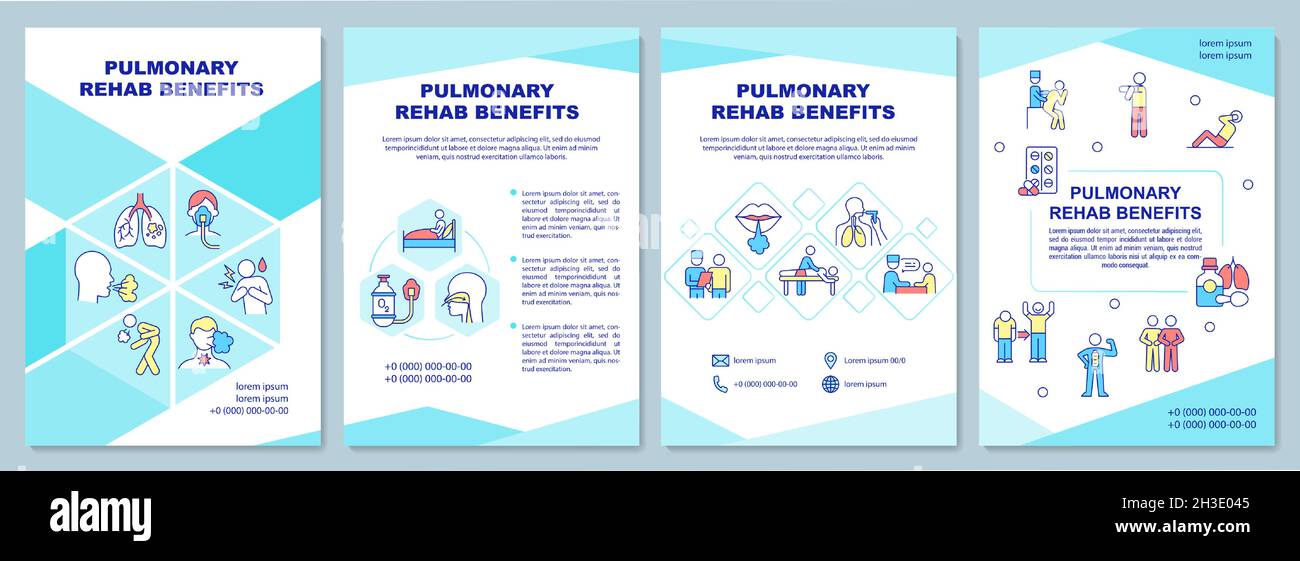Facts About Narconon Africa Revealed
Facts About Narconon Africa Revealed
Blog Article
Not known Details About Narconon Africa
Table of ContentsNarconon Africa Fundamentals ExplainedThe 10-Minute Rule for Narconon AfricaThe 3-Minute Rule for Narconon AfricaAbout Narconon AfricaA Biased View of Narconon AfricaThe Of Narconon AfricaA Biased View of Narconon Africa
In a series of documents with Manudeep Bhuller and Katrine V. Lken, we get over these information challenges and the nonrandomness of imprisonment, offering new insights right into exactly how imprisonment affects recidivism, work, children, and criminal networks - Drug-free life. Number 1 Our work studies the effects of incarceration in Norway, a setup with two key benefitsWe can better connect this details to other household members, including children and siblings. We have details on co-offending that permits us to map out criminal networks for observed criminal activities. Second, we can leverage the arbitrary assignment of criminal situations to courts that vary in their tendencies to send offenders to prison.
However some courts send defendants to jail at a high price, while others are more tolerant. We measure a court's stringency as the average imprisonment rate for all various other instances a court manages, after controlling for court and year fixed impacts, which is the degree of arbitrary project. This quasi-random task of judge stringency can be utilized as a tool for incarceration, as it strongly forecasts the judge's decision in the present instance, however is uncorrelated with various other instance characteristics both by style and empirically.
The Definitive Guide to Narconon Africa
Qualities of prisoners, consisting of demographics and crime classifications, are extensively similar in Norway and various other nations, including the USA, with the exceptions that the United States homicide rate is much higher, and race plays a bigger function there also. What stands apart as different, particularly compared with the United States, is the jail system.
Figure 2In Norway, the typical time invested behind bars is a little over six months, which resembles most various other Western European countries. This contrasts with average United States jail time of nearly three years, which remains in big part the reason the USA is an outlier in its incarceration price compared to the remainder of the world [Number 1]
Examine This Report about Narconon Africa
This provides a lot more splitting up between minor and solidified offenders than exists in the United States. There is no congestion in Norwegian prisons and far better individual safety, with each prisoner being appointed to their own cell and a higher inmate-to-staff proportion than in the United States (https://www.behance.net/elmahernandez). Prisons in Norway also supply well-funded education and learning, drug treatment, psychological wellness, and task training programs
Our research on the impacts of incarceration on the culprit, utilizing the arbitrary project of judges as a tool, yields 3 essential findings. Jail time discourages better criminal habits. We find that imprisonment reduces the possibility that a person will reoffend within five years by 27 portion points and lowers the corresponding variety of criminal charges per person by 10 fees.
The Narconon Africa Diaries
We locate large declines in reoffending likelihoods and collective billed criminal activities even after accuseds are launched from jail. Our 2nd result is that prejudice due to choice on unobservable specific features, if ignored, results in the erroneous conclusion that time invested behind bars is criminogenic. If we simply contrast criminal offenders sent to prison versus those not sent to prison, we find positive associations in between imprisonment and succeeding crime.
This stands in comparison to our analysis based upon the random job of courts, which locates an opposite-signed outcome. Third, the reduction in criminal offense is driven by people who were not working before incarceration. Among these people, jail time increases participation in programs directed at improving employability and minimizing recidivism, and this ultimately increases work and profits while preventing criminal behavior.

Jail time creates a 34 percentage point boost in involvement in work training programs for the previously nonemployed, and within five years their work price rises by 40 percent points. At the same time, the likelihood of reoffending within 5 years is cut by 46 portion points, and there is a decline of 22 in the average number of criminal charges.
Some Of Narconon Africa

A possible explanation for the distinction is that Norway's prison system varies markedly, both in regards to prison-term length and jail problems, from the US jail system. While understanding the impacts of incarceration on the wrongdoer is an essential primary step, recording spillover effects is likewise important for examining criminal justice plan and making effective prison systems.
Narconon Africa - The Facts

Regular least squares estimates reveal that youngsters of incarcerated daddies are 1 percent factor more probable to be billed with a criminal activity, relative to a mean of 13 percent, and show no impact on school grades. Using our court stringency tool, we discover no statistical proof that a father's imprisonment impacts a kid's very own criminal activity or school grades, however we are not able to eliminate modest-sized effects.
The 3-Minute Rule for Narconon Africa
We specify criminal groups based upon network links to previous criminal situations. Our evaluation yields 3 primary findings. When a criminal network member is put behind bars, their peers' likelihood of being charged with a future criminal activity lowers by 51 percent points over the next four years. Similarly, having an older brother jailed decreases the chance his more youthful sibling will certainly be charged with a crime by 32 percent points over the next four years.
Report this page